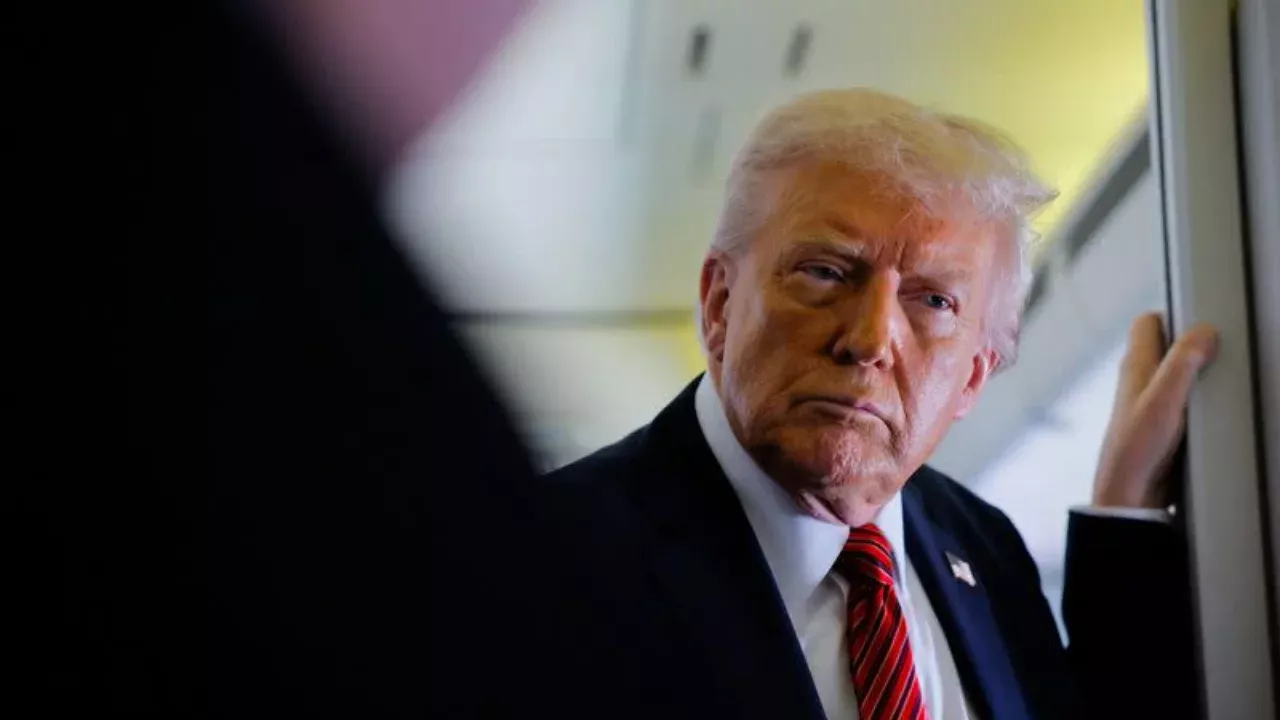
According to Bloomberg, US President Donald Trump is facing failure in negotiations aimed at reaching quick agreements with Russia, China, and Iran, one of the major promises he made during his election campaign. His diplomatic efforts are currently met with rejection from these countries.
“Moscow and Beijing – ‘difficult partners’”
In recent days, Trump has commented on conversations with Russian President Vladimir Putin and Chinese leader Xi Jinping. He described the dialogue with Putin on June 4 as “good, but it won’t lead to peace quickly.” He also referred to Xi Jinping as “a very complicated person” for conducting negotiations.
Negotiations regarding the nuclear agreement with Iran are also complex. Trump emphasized that Washington will never allow Tehran to possess nuclear weapons. He believes that Iran does not need such an advanced nuclear program to meet its energy needs for peaceful purposes.
On the other hand, Iran remains firm on its terms. They are not willing to abandon high-level uranium enrichment, but have stated that if the US lifts economic sanctions, they will never develop nuclear weapons and are ready to destroy their stockpiles.
“US enemies are prepared for threats, while friends are cautious”
Kory Sheik, an analyst at the American Enterprise Institute, explains the situation as follows:
“Countries that US presidents can exert pressure on are America’s friends, as they do not want to damage relations. However, enemy states do not shy away from taking on that risk.”
Jeremy Shapiro, head of the US program at the European Council on Foreign Relations, adds:
“Trump tries to maintain good relations with autocratic leaders. He is not very inclined to threaten them and respects them more. For this reason, he is cautious about unequal negotiations and agreements that do not benefit him.”
The shadow of the trade war with China is returning
Since Trump’s administration came to power, there has been a sharp chill in relations between the US and China. Washington raised tariffs on Chinese goods by up to 145%, while Beijing implemented countermeasures at a rate of 125%.
During negotiations in Geneva in May, the parties reached an agreement to temporarily reduce tariffs. However, afterward, Beijing accused Washington of violating the agreement and promised to protect its interests.
Negotiations on Ukraine – far from expected results
Resolving the military conflict in Ukraine was one of Trump’s election promises. However, he is currently unable to achieve this goal. The US is not showing much activity in this process – American representatives did not participate at all in the recent Russia-Ukraine negotiations in Istanbul.
According to media reports, Trump is increasingly distancing himself from the negotiations and is losing interest in this process.
Donald Trump’s “different diplomacy” style – establishing close relations with autocratic leaders and a strategy of “respect-based dialogue” instead of aggressive pressure – seems to be yielding little success this time as well. Opponents are rejecting his political pressure.
The gap between election promises and the current real situation raises serious questions about his effectiveness in foreign policy.